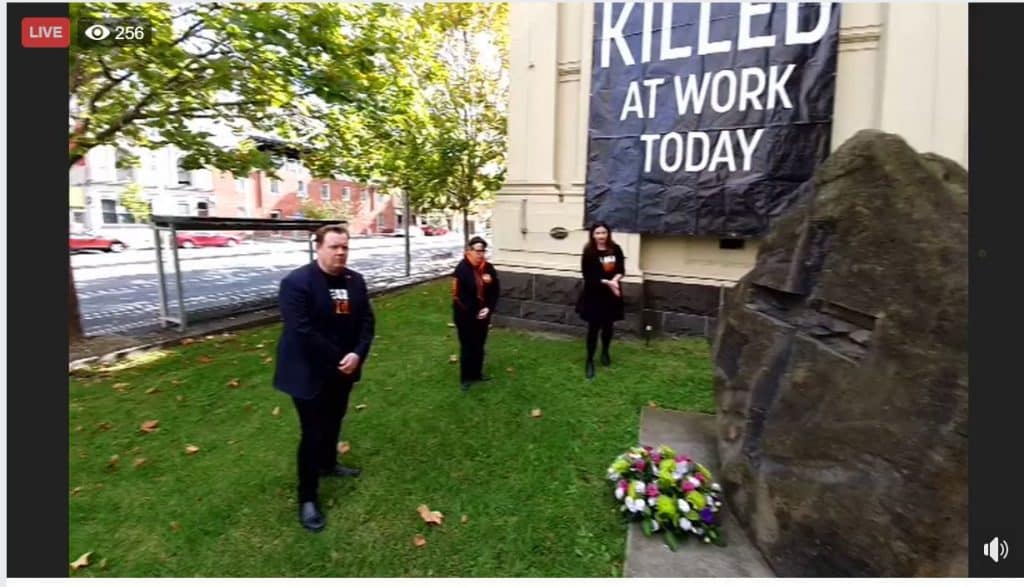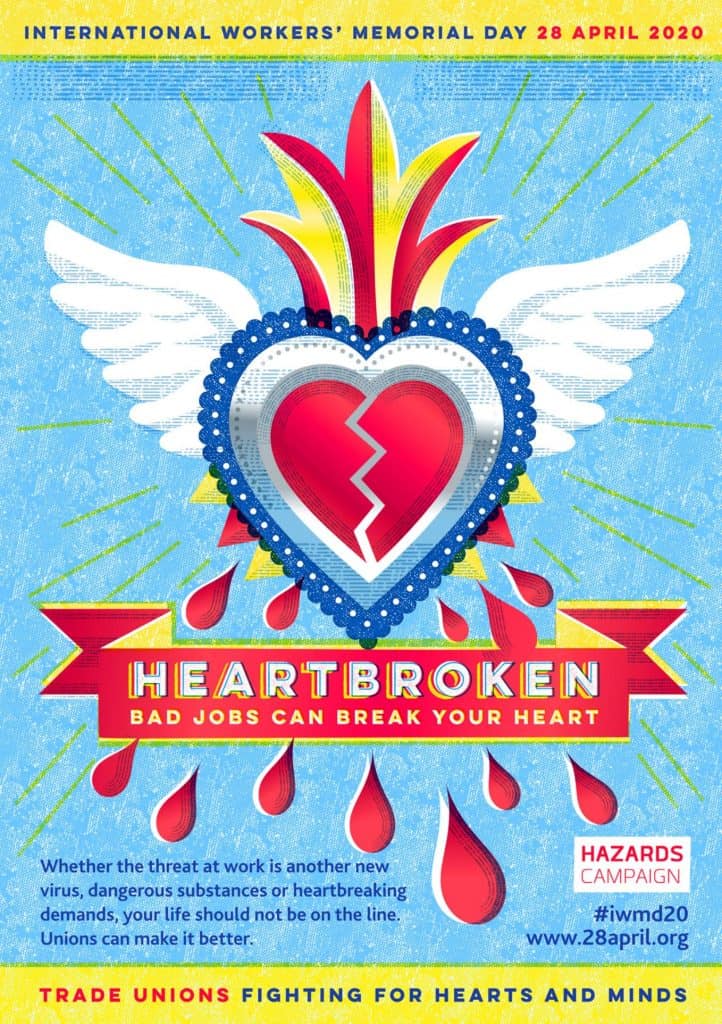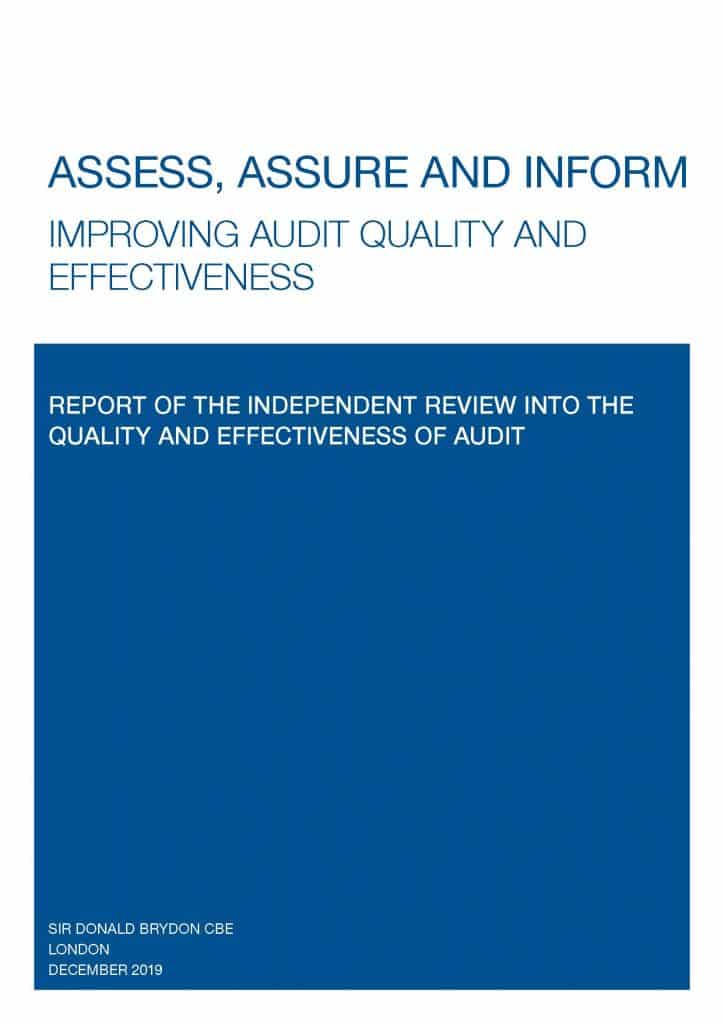
Workplace health and safety risks related to COVID19 emerge in Australia and the United Kingdom.
Trade Union Suggestions
On May 5 2020, the Australian Council of Trade Unions released a statement on occupational health and safety (OHS) calling for certain Industrial Relations and OHS changes, including:
- Paid pandemic leave
- New regulations on safety and health standards, and
- Compulsory notifications to Health Departments and OHS Regulators.
SafetyAtWorkBlog has been led to believe that the paid pandemic leave is intended to apply from the time a worker is tested for COVID19 through their isolation while waiting for the test results and the operation of sick leave should the test results be positive.






